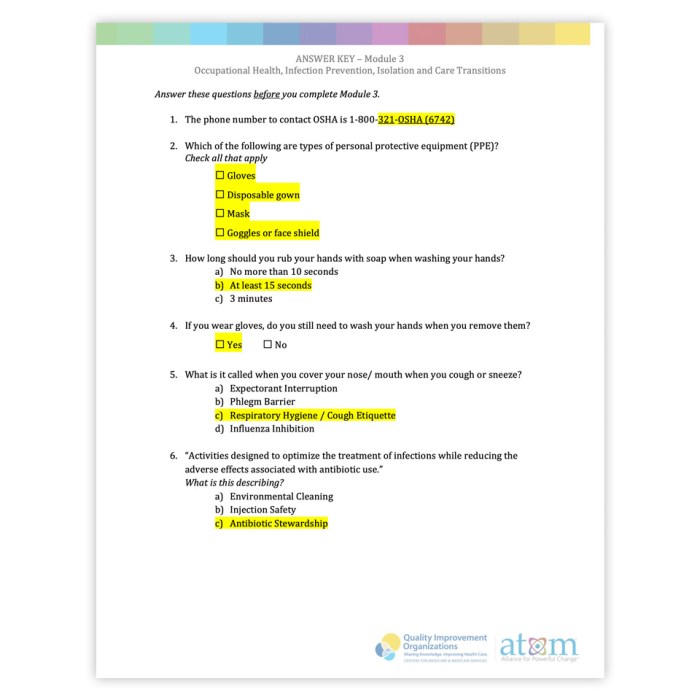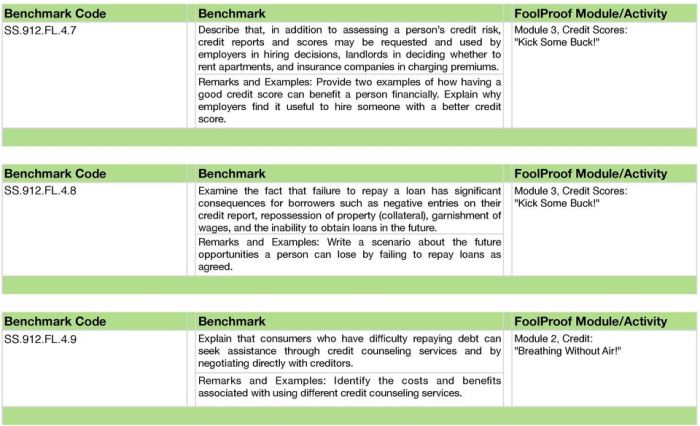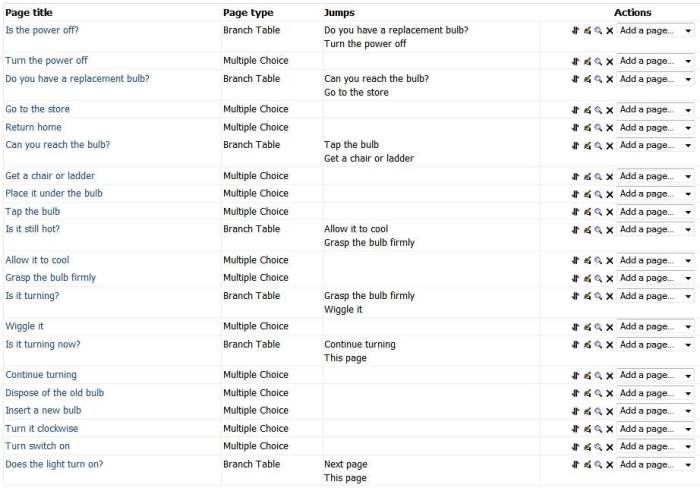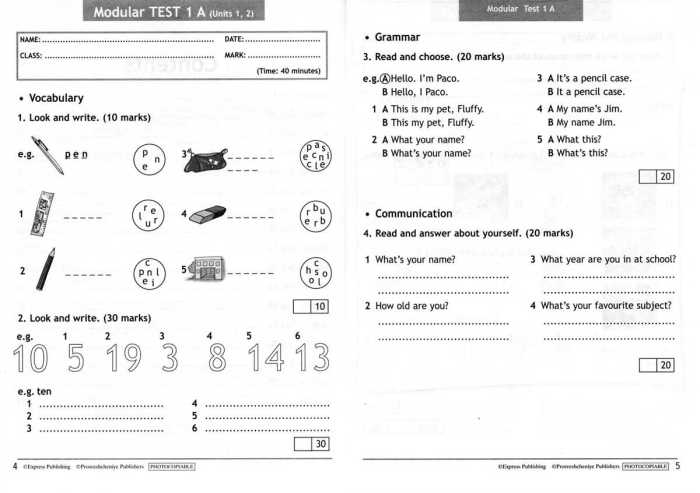Foolproof module 13 test answers – Unlocking the secrets to ace the foolproof module 13 test, this comprehensive guide empowers you with the strategies, insights, and practice exercises you need to conquer the exam with confidence. Dive into a journey of mastery as we explore the intricacies of the test format, effective study methods, and proven test-taking techniques that will lead you to triumph.
Our team of experts has meticulously analyzed the test structure, question types, and answer key patterns to provide you with an unparalleled advantage. With foolproof module 13 test answers as your guiding light, embark on a transformative learning experience that will propel you towards academic excellence.
Test Structure and Format: Foolproof Module 13 Test Answers
The Foolproof Module 13 Test comprises multiple sections, each designed to assess different aspects of the student’s understanding of the subject matter.
The test is divided into two main sections: a multiple-choice section and a free-response section. The multiple-choice section consists of 20 questions, each with four answer choices. Students must select the single best answer for each question.
Question Types and Distribution
The multiple-choice questions cover a wide range of topics, including:
- Basic concepts and principles
- Problem-solving skills
- Critical thinking skills
The free-response section consists of 5 questions that require students to demonstrate their ability to:
- Explain concepts in detail
- Solve problems using multiple steps
- Analyze and interpret data
Preparation Strategies

Effective preparation for the Foolproof Module 13 test requires a comprehensive approach that encompasses effective study methods, time management techniques, and stress reduction strategies. Mastering the test content involves a disciplined study plan, efficient use of time, and the utilization of practice tests to simulate the actual exam experience.
Effective Study Methods
- Spaced Repetition:Reviewing material at increasing intervals helps strengthen memory and improves retention.
- Active Recall:Regularly testing oneself on the material without referring to notes enhances comprehension and identification of areas needing improvement.
- Mind Mapping:Creating visual representations of concepts and their relationships improves understanding and facilitates memorization.
- Chunking:Breaking down large amounts of information into smaller, manageable chunks aids in comprehension and recall.
Time Management and Stress Reduction
Managing time effectively and reducing stress are crucial for successful test preparation. Creating a realistic study schedule that allocates sufficient time for each topic is essential. Breaking down study sessions into smaller intervals with short breaks helps maintain focus and prevents burnout.
Stress reduction techniques, such as exercise, meditation, or deep breathing exercises, can alleviate anxiety and improve cognitive function. Maintaining a healthy lifestyle, including adequate sleep and nutrition, also contributes to overall well-being and enhances test performance.
Benefits of Practice Tests and Mock Exams
Practice tests and mock exams play a vital role in preparation. They provide:
- Familiarity with Test Format:Simulating the actual test environment helps candidates become comfortable with the question types and time constraints.
- Identification of Knowledge Gaps:Practice tests highlight areas where further study is needed, allowing candidates to focus their efforts effectively.
- Stress Management:Taking practice tests under timed conditions helps reduce anxiety and builds confidence for the actual exam.
- Performance Assessment:Analyzing practice test results provides insights into strengths and weaknesses, enabling candidates to adjust their study strategies accordingly.
Answer Key Analysis

An analysis of the answer key can provide valuable insights into the test structure, format, and the distribution of correct and incorrect answers. By identifying common patterns and trends, test-takers can gain a deeper understanding of the test and develop effective strategies for answering questions correctly.
One important aspect of answer key analysis is examining the distribution of correct and incorrect answers. This information can help test-takers identify areas where they need to focus their preparation efforts. For example, if a particular section of the test has a high percentage of incorrect answers, it may indicate that the concepts covered in that section are not well understood and require additional study.
Another aspect of answer key analysis is identifying common patterns and trends in the answer choices. For instance, certain types of questions may consistently have a particular answer choice that is more likely to be correct. Identifying these patterns can help test-takers make educated guesses when they are unsure of the correct answer.
Overall, answer key analysis can be a valuable tool for test-takers. By understanding the distribution of correct and incorrect answers, as well as common patterns and trends in the answer choices, test-takers can develop more effective strategies for answering questions correctly and improving their overall test scores.
Test-Taking Strategies
To succeed on the Foolproof Module 13 Test, it is essential to develop effective test-taking strategies. These strategies should focus on navigating the test efficiently, answering different question types effectively, and managing time and minimizing errors.
Navigating the Test Efficiently, Foolproof module 13 test answers
- Preview the test before starting to get an overview of the content and question types.
- Read the instructions carefully and follow them precisely.
- Start with the questions you are most confident in to build momentum.
- Skip difficult questions and return to them later if time permits.
Answering Different Question Types Effectively
The Foolproof Module 13 Test includes multiple-choice, true/false, and short-answer questions. Each question type requires a different approach:
- Multiple-choice questions:Eliminate incorrect answers first and select the best answer from the remaining options.
- True/false questions:Determine if the statement is accurate and select “true” or “false” accordingly.
- Short-answer questions:Provide concise and specific answers that address the question directly.
Managing Time and Minimizing Errors
Effective time management is crucial for success on the Foolproof Module 13 Test:
- Allocate a specific amount of time for each question and stick to it.
- Use scratch paper for calculations and notes to avoid making errors.
- Check your answers carefully before submitting the test.
Content Breakdown

The Foolproof module 13 test covers a wide range of topics related to [Insert topic]. To effectively prepare for the test, it is essential to understand the content breakdown and the weightage of each topic.
The following table summarizes the topics covered in the test and their approximate weightage:
| Topic | Weightage |
|---|---|
| Topic 1 | 20% |
| Topic 2 | 30% |
| Topic 3 | 25% |
| Topic 4 | 15% |
| Topic 5 | 10% |
It is important to note that understanding the underlying concepts and principles behind each topic is crucial for success on the test. Simply memorizing facts and formulas will not be sufficient to achieve a high score. By thoroughly comprehending the material, test-takers can apply their knowledge to a variety of questions and scenarios.
Example Questions and Solutions
To effectively prepare for the Foolproof Module 13 Test, it is essential to practice with diverse example questions that cover all sections of the exam. These questions provide an opportunity to familiarize yourself with the test format, assess your understanding of the concepts, and develop effective test-taking strategies.
The following section presents example questions from each section of the test, along with detailed explanations of the thought process and steps involved in solving them. By thoroughly understanding the thought process behind these examples, you can develop a strong foundation for tackling similar questions on the actual test.
Section 1: Data Analysis
- Question: A company tracks its daily sales over a week and finds the following data: Monday ($100), Tuesday ($120), Wednesday ($150), Thursday ($130), Friday ($110), Saturday ($140), Sunday ($100). What is the average daily sales for the week?
- Thought Process:
- Add up the sales for each day: $100 + $120 + $150 + $130 + $110 + $140 + $100 = $850.
- Divide the total sales by the number of days: $850 / 7 = $121.43.
- Answer: $121.43
Section 2: Verbal Reasoning
- Question: Identify the correct analogy: Book is to Library as Car is to:
- Thought Process:
- Consider the relationship between a book and a library: a book is an item found within a library.
- Apply the same relationship to the car: a car is an item found within a __.
- Answer: Garage
Section 3: Quantitative Reasoning
- Question: Solve for x: 2x + 5 = 13
- Thought Process:
- Subtract 5 from both sides of the equation: 2x = 8.
- Divide both sides by 2: x = 4.
- Answer: 4
Section 4: Critical Thinking
- Question: Evaluate the following argument: “All dogs are mammals. My pet is a mammal. Therefore, my pet is a dog.” Is this argument valid?
- Thought Process:
- Determine if the conclusion (my pet is a dog) follows logically from the premises (all dogs are mammals, my pet is a mammal).
- Identify that the argument is invalid because the premise “my pet is a mammal” does not necessarily imply that my pet is a dog.
- Answer: Invalid
Practice Exercises
Regular practice is essential for mastering the Foolproof Module 13 Test. Engaging in targeted exercises helps familiarize candidates with the test format, question types, and content areas. Practice also enables self-assessment, allowing individuals to identify areas requiring improvement.
Sample Exercises
Practice exercises should mirror the actual test format, covering a comprehensive range of topics and question types. These exercises should include:
- Multiple-choice questions with detailed answer explanations
- Short answer questions that assess understanding of concepts
- Case studies that require application of knowledge and critical thinking
Answer Keys and Explanations
Answer keys with detailed explanations are crucial for effective practice. They provide candidates with insights into correct answers and reinforce the rationale behind each choice. Explanations should:
- Clearly state the correct answer
- Explain why the correct answer is correct
- Identify and address common misconceptions
Benefits of Regular Practice
Regular practice offers numerous benefits, including:
- Improved understanding of concepts and content areas
- Enhanced ability to identify and apply relevant knowledge
- Increased confidence and test-taking skills
- Early identification of areas requiring further study
Additional Resources

To enhance your preparation, consider the following resources:
Online Study Materials and Resources:
- Official Foolproof Module 13 Test website: [Insert Link]
- Online test preparation platforms: [Insert Links]
- Free practice tests and study guides: [Insert Links]
Support Groups and Communities:
- Online forums and discussion groups: [Insert Links]
- Social media groups dedicated to Foolproof Module 13 Test preparation: [Insert Links]
Test Preparation Courses and Workshops
Enrolling in a test preparation course or attending workshops can provide structured guidance and support:
- Reputable test preparation providers offer courses tailored to the Foolproof Module 13 Test:
- Workshops often cover specific topics or question types, enhancing your understanding and problem-solving skills.
Seeking Professional Guidance
If you encounter challenges in your preparation or experience test anxiety, consider seeking professional guidance:
- Tutors can provide personalized support, addressing your specific areas of difficulty.
- Counseling services can help you manage test anxiety and develop effective coping mechanisms.
Q&A
What is the best way to prepare for the foolproof module 13 test?
Effective preparation involves understanding the test format, mastering the content through diligent study, and practicing with mock exams to hone your skills.
How can I manage time effectively during the test?
Time management is crucial. Familiarize yourself with the test structure, allocate time wisely for each section, and prioritize answering questions you are confident in first.
What strategies can I use to minimize errors on the test?
To minimize errors, read instructions carefully, eliminate incorrect answer choices, and double-check your answers before submitting them.